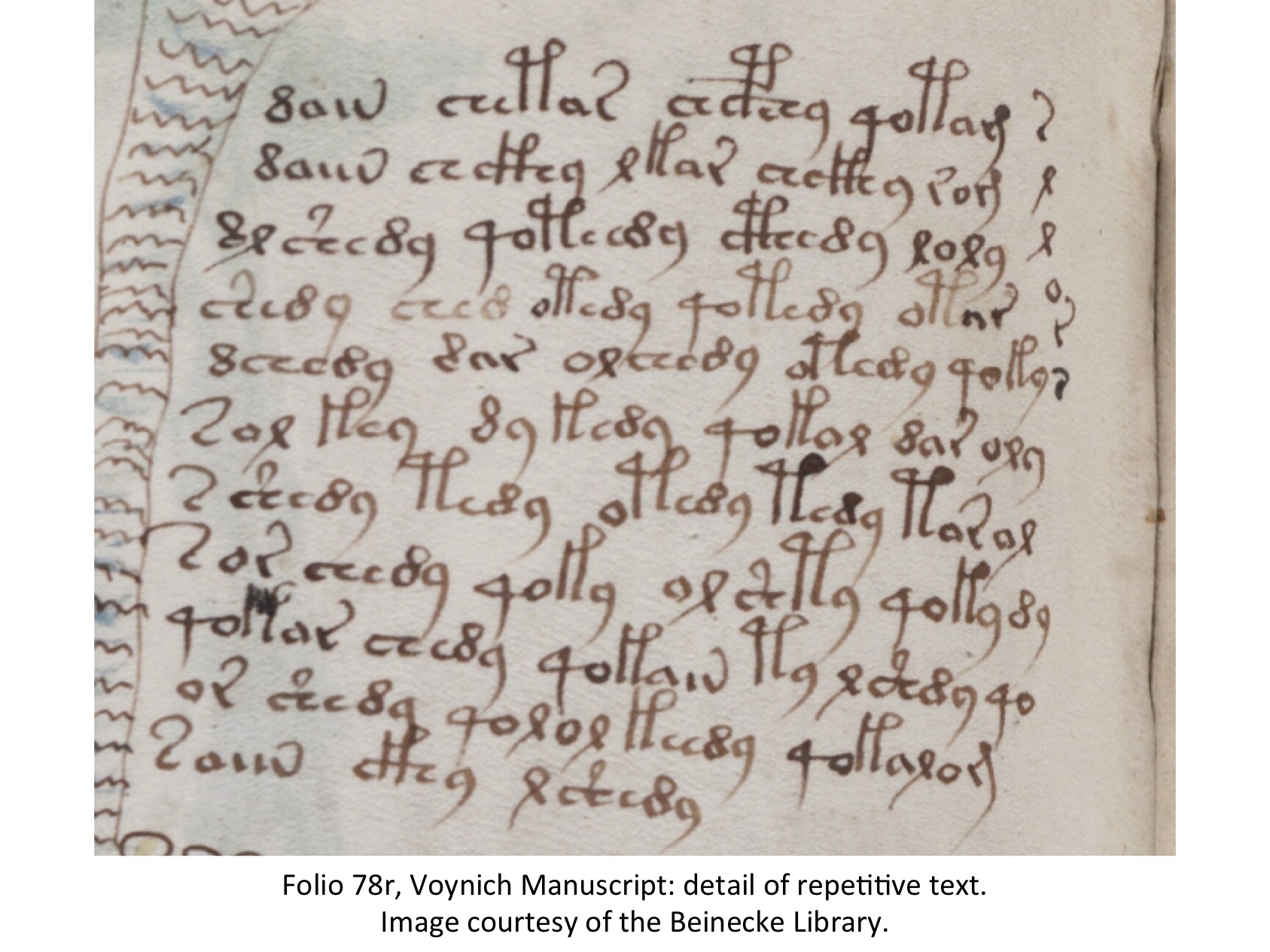nivek
As Above So Below
AI Reveals New Clues in Deciphering the Voynich Manuscript

Every year or two someone claims to have deciphered at least part of the manuscript, with most of the clues suggesting it was some type of pharmacopoeia or botany manual. Of course, one could surmise as much just by looking at the pictures.
Just this week, however, a pair of Canadian artificial intelligence researchers claims to have developed an AI algorithm capable of deciphering the entire manuscript.
Has the mystery of the Voynich manuscript finally been solved?

Well, not exactly. But we might be getting close.
The University of Alberta’s Greg Kondrak and Bradley Hauer claim to have developed an AI algorithm capable of deducing the language a text was written in with 97% accuracy.
According to their algorithm, the Voynich manuscript was likely written in Hebrew and then encrypted using a substitution cipher in which letters are shifted, and the vowels have been removed from words.
Kondrak and Hauer’s algorithm found that the first sentence of the text translates as “She made recommendations to the priest, man of the house and me and people.”
In its analysis of the first 72 words of the manuscript, the algorithm has identified “farmer,” “light,” “air” and “fire” as the four most common words, with “covfefe” coming in a close fifth.

While this development is being hailed as a breakthrough in the quest to decipher the Voynich manuscript, the researchers themselves note that their work is far from complete and that hours and hours of human research are still needed to interpret the syntax and meaning behind the words.
Will we ever really decipher the Voynich manuscript?

Every year or two someone claims to have deciphered at least part of the manuscript, with most of the clues suggesting it was some type of pharmacopoeia or botany manual. Of course, one could surmise as much just by looking at the pictures.
Just this week, however, a pair of Canadian artificial intelligence researchers claims to have developed an AI algorithm capable of deciphering the entire manuscript.
Has the mystery of the Voynich manuscript finally been solved?

Well, not exactly. But we might be getting close.
The University of Alberta’s Greg Kondrak and Bradley Hauer claim to have developed an AI algorithm capable of deducing the language a text was written in with 97% accuracy.
According to their algorithm, the Voynich manuscript was likely written in Hebrew and then encrypted using a substitution cipher in which letters are shifted, and the vowels have been removed from words.
Kondrak and Hauer’s algorithm found that the first sentence of the text translates as “She made recommendations to the priest, man of the house and me and people.”
In its analysis of the first 72 words of the manuscript, the algorithm has identified “farmer,” “light,” “air” and “fire” as the four most common words, with “covfefe” coming in a close fifth.

While this development is being hailed as a breakthrough in the quest to decipher the Voynich manuscript, the researchers themselves note that their work is far from complete and that hours and hours of human research are still needed to interpret the syntax and meaning behind the words.
Will we ever really decipher the Voynich manuscript?

